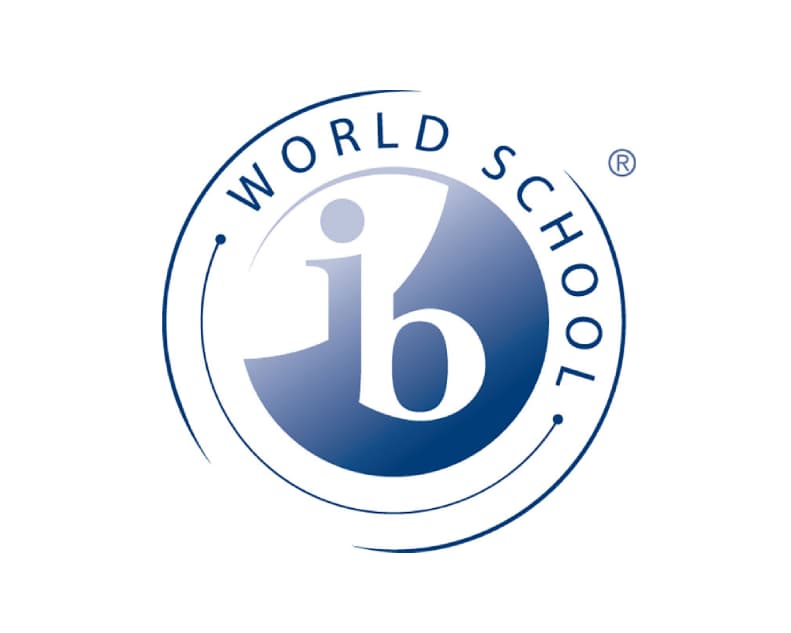If you’re a student new to the International Baccalaureate curriculum, you might find it challenging to navigate the program’s various components. The IB curriculum is designed to prepare students for the challenges of higher education and the workforce, emphasizing critical thinking, problem-solving, and self-reflection. This article will provide a beginner’s guide to understanding the IB curriculum, focusing on the Internal Assessment component.
What is the IB Curriculum?
The IB curriculum is an internationally recognized and comprehensive education program designed to prepare students for success in higher education and beyond. It comprises six subject areas: Language and Literature, Language Acquisition, Individuals and Societies, Sciences, Mathematics, and the Arts. In addition, the IB curriculum includes three core components: the Extended Essay, Theory of Knowledge, and Creativity, Activity, and Service (CAS).
Understanding Internal Assessment
IA is a crucial component of the IB curriculum that involves completing tasks or assignments that are assessed internally by teachers and moderated externally by IB examiners. IA aims to develop and demonstrate students’ skills, knowledge, and understanding of a particular subject. In addition, IA tasks allow students to delve deeper into subject areas and develop their interests and strengths.
Assessment Criteria for IB IA
IB IA tasks are assessed according to a set of criteria established by the IB. These criteria vary depending on the subject area but generally include content, organization, analysis, and synthesis. To score high in IA, it’s essential to understand the assessment criteria and structure your work accordingly. Tips for scoring high in IA include:
- Focusing on quality over quantity.
- Understanding the subject-specific guidelines.
- Seeking feedback from teachers and peers.
Don’t let the stress of choosing an IA topic
hold you back.
Are you struggling to come up with topic suggestions for your IB Internal Assessment?
Our experienced writers can help you choose the perfect topic for your IA
Tailored to your specific subject and requirements.
Simply click:

Subject-Specific Guidelines for IA
Each subject area in the IB curriculum has its own guidelines for IA. These guidelines provide specific instructions on approaching the IA task and what to include in your work. It’s crucial to follow the guidelines to ensure that your work meets the requirements and expectations of the IB. By following the guidelines, you can also demonstrate your understanding of the subject matter and ability to apply critical thinking and analysis.
IB Rubrics for IA
IB examiners use rubrics to assess IA tasks. These rubrics provide a detailed breakdown of the assessment criteria and help students understand what is expected of them. By using the rubrics to guide your work, you can ensure that you address all the necessary components of the IA task. You can also use the rubrics to identify improvement areas and track your progress over time.
List of related articles:
- Computer Science IA Topic
- Psychology Internal Assessment Topics
- English Literature IA topic ideas
- IB IA Economics topic ideas
- IB Social and Cultural Anthropology IA
- ESS IB IA Topics
- Geography IA ideas
- Global Politics IA topics
- How to write good Internal Assessment?
- What is IA in IB?
- Comparing IB Math IA and Math AA: An In-Depth Look at the Differences and Similarities
- IB Internal Assessment Rubric: Grading Criteria and How to Excel
- Math IA Grading Boundaries – A Guide for IB Math Students
The Importance of Reflections in IB IA
Reflection is a critical component of the IB curriculum and IA. In IA, you must write reflections demonstrating your understanding of the subject matter and your learning process. These reflections can help you identify areas for improvement and provide insights into your learning style. Tips for writing effective reflections include being honest and reflective, identifying strengths and weaknesses, and setting goals for improvement.
The IB Moderation Process
The IB moderation process ensures that IA tasks are assessed fairly and consistently across different schools and regions. This process involves the external moderation of a sample of IA tasks from each school. Understanding the moderation process is essential to ensure that your work is accurately and fairly assessed. By understanding the moderation process, you can also better prepare for IA tasks and ensure that your work meets the expectations of IB examiners.
IB Academic Honesty and Plagiarism
Academic honesty is a critical component of the IB curriculum. Therefore, it’s important to understand plagiarism’s consequences and ensure that all work submitted for IA is original and properly cited.
Conclusion
Understanding the IB curriculum and IA is essential for success in the program. By familiarizing yourself with the assessment criteria, subject-specific guidelines, rubrics, and moderation process, you can ensure that your work is high quality and meets the expectations of IB examiners. Additionally, by taking advantage of the reflection component and seeking feedback from teachers and peers, you can identify improvement areas and develop your strengths and interests.




